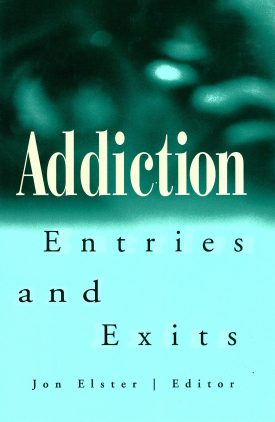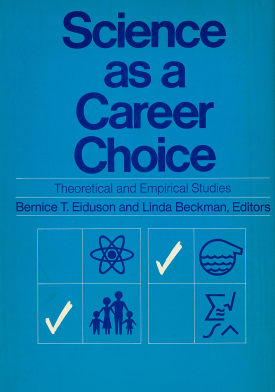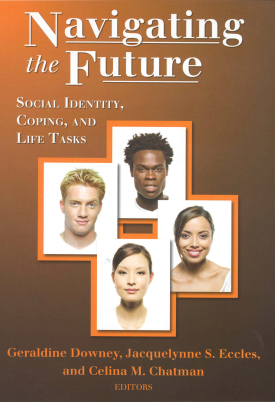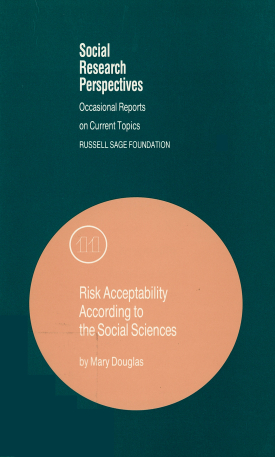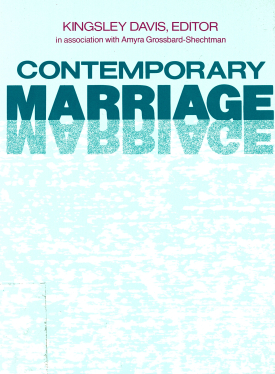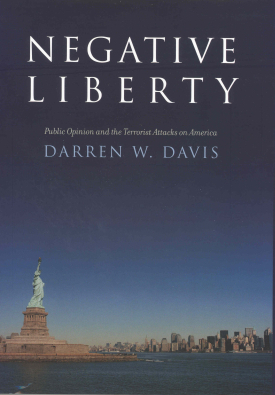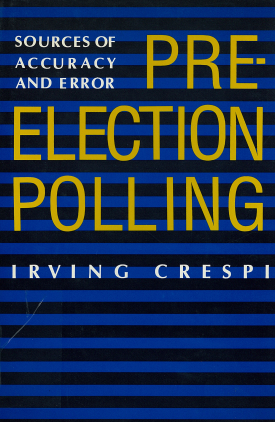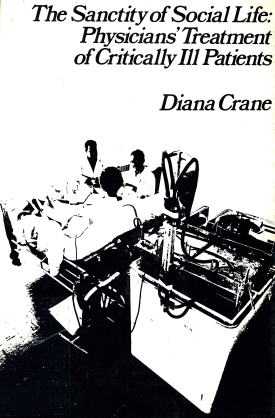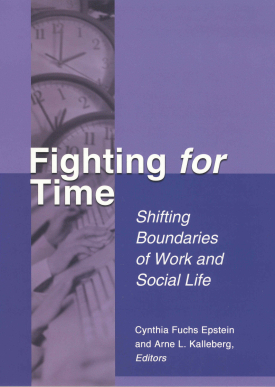
Fighting for Time
About This Book
Though there are still just twenty-four hours in a day, society’s idea of who should be doing what and when has shifted. Time, the ultimate scarce resource, has become an increasingly contested battle zone in American life, with work, family, and personal obligations pulling individuals in conflicting directions. In Fighting for Time, editors Cynthia Fuchs Epstein and Arne Kalleberg bring together a team of distinguished sociologists and management analysts to examine the social construction of time and its importance in American culture.
Fighting for Time opens with an exploration of changes in time spent at work—both when people are on the job and the number of hours they spend there—and the consequences of those changes for individuals and families. Contributors Jerry Jacobs and Kathleen Gerson find that the relative constancy of the average workweek in America over the last thirty years hides the fact that blue-collar workers are putting in fewer hours while more educated white-collar workers are putting in more. Rudy Fenwick and Mark Tausig look at the effect of nonstandard schedules on workers’ health and family life. They find that working unconventional hours can increase family stress, but that control over one’s work schedule improves family, social, and health outcomes for workers. The book then turns to an examination of how time influences the organization and control of work. The British insurance company studied by David Collinson and Margaret Collinson is an example of a culture where employees are judged on the number of hours they work rather than on their productivity. There, managers are under intense pressure not to take legally guaranteed parental leave, and clocks are banned from the office walls so that employees will work without regard to the time. In the book’s final section, the contributors examine how time can have different meanings for men and women. Cynthia Fuchs Epstein points out that professional women and stay-at-home fathers face social disapproval for spending too much time on activities that do not conform to socially prescribed gender roles—men are mocked by coworkers for taking paternity leave, while working mothers are chastised for leaving their children to the care of others.
Fighting for Time challenges assumptions about the relationship between time and work, revealing that time is a fluid concept that derives its importance from cultural attitudes, social psychological processes, and the exercise of power. Its insight will be of interest to sociologists, economists, social psychologists, business leaders, and anyone interested in the work-life balance.
CYNTHIA FUCHS EPSTEIN is distinguished professor of Sociology at the Graduate Center of the City University of New York.
ARNE L. KALLEBERG is Kenan Distinguished Professor of Sociology at the University of North Carolina at Chapel Hill.
CONTRIBUTORS: Cynthia Fuchs Epstein, Arne L. Kalleberg, Mary Blair-Loy, Allen C. Bluedorn, David L. Collinson, Margaret Collinson, Rudy Fenwick, Stephen P. Ferris, Kathleen Gerson, Jerry A. Jacobs, Peter Levin, Harriet B. Presser, Ofer Sharone, Benjamin Stewart, and Mark Tausig.

